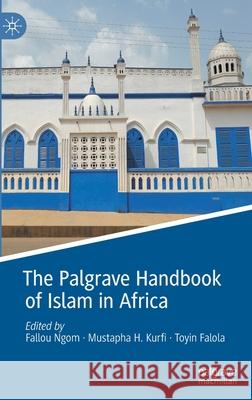The Palgrave Handbook of Islam in Africa » książka
topmenu
The Palgrave Handbook of Islam in Africa
ISBN-13: 9783030457587 / Angielski / Twarda / 2020 / 774 str.
The Palgrave Handbook of Islam in Africa
ISBN-13: 9783030457587 / Angielski / Twarda / 2020 / 774 str.
cena 925,87
(netto: 881,78 VAT: 5%)
Najniższa cena z 30 dni: 848,19
(netto: 881,78 VAT: 5%)
Najniższa cena z 30 dni: 848,19
Termin realizacji zamówienia:
ok. 16-18 dni roboczych.
ok. 16-18 dni roboczych.
Darmowa dostawa!
Kategorie:
Kategorie BISAC:
Wydawca:
Palgrave MacMillan
Język:
Angielski
ISBN-13:
9783030457587
Rok wydania:
2020
Wydanie:
2020
Ilość stron:
774
Waga:
1.28 kg
Wymiary:
23.39 x 15.6 x 4.29
Oprawa:
Twarda
Wolumenów:
01
Dodatkowe informacje:
Wydanie ilustrowane











